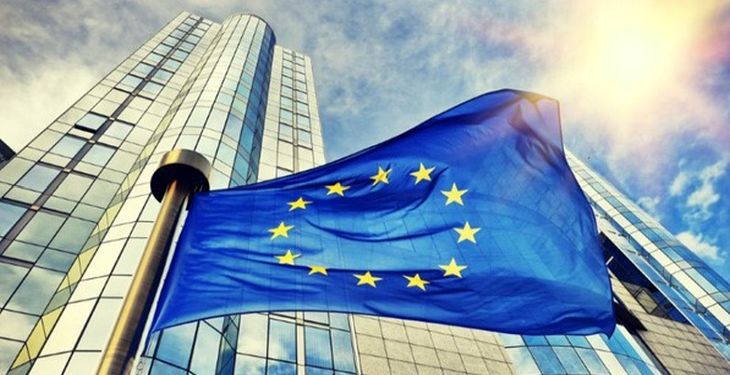A proposal to limit cross-border electricity flows is one of the last sticking points in the EU’s proposed power market reform, as Berlin pursues a 75% limit on interconnector capacity made available for trading, lawmakers have said.
The proposed limit on cross-border electricity trade cropped up as EU legislators ready themselves for a final round of talks on Wednesday (5 December) to reform the European power market.
Boosting electricity exchanges between EU countries has become a flagship objective of the reform. Cross-border infrastructure is currently used at only 30-35% of capacity, according to the European Agency for the Cooperation of Energy Regulators (ACER).
But some EU member states are concerned about opening the floodgates to electricity flows from neighbouring countries, wary about the disruptive effect this could have on power grids that still largely operate along national lines.
One amendment pushed by Germany would allow national Transmission System Operators (TSOs) to limit the available capacity of interconnectors to 75%, according to a group of Nordic lawmakers in the European Parliament, according to Euractiv.com.
This is difficult to accept for Nordic countries, which see the availability of cross-border power cables as a key component of Europe’s internal electricity market.
Restricting access to cross-border interconnectors “is comparable to building a highway, and then allowing motorists to use only half of the lanes,” the group of lawmakers said in a joint statement sent to EURACTIV. That would be “a waste of money, notably those of taxpayers, electricity customers and the EU budget that have financed the expansion of a European transmission grid,” they write.
The European electricity sector needs to decarbonise rapidly, the lawmakers point out, saying a well-connected electricity system is necessary to accommodate strong growth in renewable power coming notably from wind farms in the North.
“For the sake of climate action, we cannot maintain barriers that delay the transition to decarbonised electricity and thereby a more sustainable European energy system,” they argue.
